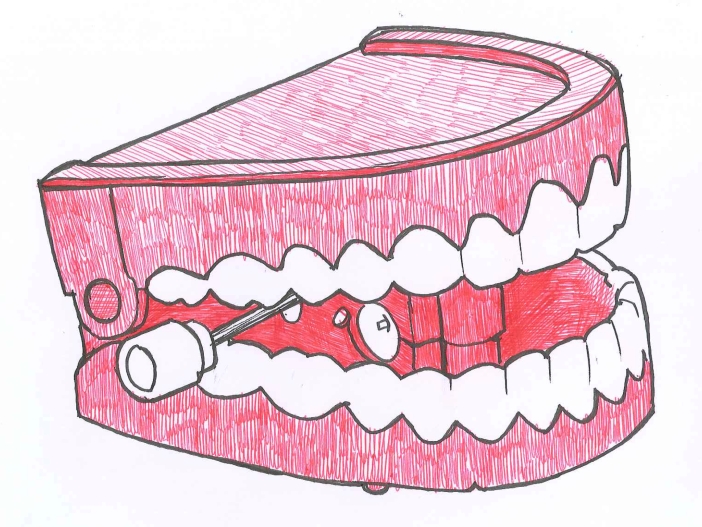Not too many people would say they love politicians. Late-night talk show hosts and word nerds, however, are notable exceptions, ever drawing from the endless well of political speech. Recently, quagmire has taken the political – and lexical – limelight, thanks especially to Bernie Sanders’ use of it at the first Democratic debate this past week in Las Vegas, as Ben Zimmer has analyzed over at Vocabulary.com.
Let’s step – cautiously – into the origin of quagmire: Its roots just may be hard to extricate.

Quagmire
Quagmire has been stuck in English since 1566, according to the Oxford English Dictionary (OED). Back then, it referred to an “area of wet, boggy land that gives way under foot.” Thanks to how hard it can be to extricate oneself from a quagmire, its metaphorical extension is documented not long after in 1577.
Growing up, my dad loved characterizing my puerile indiscretions, if I’m to be generous, as having “mush for brains.” Perhaps he was just channeling his inner bard. Shakespeare used quagmire for something “soft, flabby, or yielding” (OED) when Talbot threatens in Henry IV of Frenchmen to “make a Quagmire of [their] mingled brains.”
Another term – and etymological clue – for quagmire is a “quaking bog,” for a bog’s ground quakes, or shakes, underfoot. Philologists like Walter Skeat, Ernest Weekly, Eric Partridge, and Ernest Klein see quagmire as nothing more than quakemire, a form of quagmire attested in the late 1500s. This makes quagmire a compound of quake and mire.
Quag is indeed a regional variant of quake, from the Old English cwacian and cweccan, which variously signified quaking, shaking, and trembling, sometimes of the teeth in fear, other times of weapons in fighting. Its ultimate origin is unknown. Many suggest that it is imitative. Can you hear quivering or shaking in quake?
Swamp things
As the OED offers, however, quag might be a variant of a different word: quab, a “marsh” or “bog.” Appearing in the early 1400s, this quab is reconstructed in the Old English *cwabba, which itself might just mean “to quake.” Like quake, the origin of *cwabba is unknown, but it also might be echoic. Here, the b lends a bubbling and gurgling sound effect, fitting for a swamp. English has had other quabs: the word has named, if on an obscure and rare basis, certain kinds of fish as well as sea cucumbers. Historical linguistics note connections to slimy critters (e.g., toads) in other Indo-European languages, suggesting, as the OED does, a root in “something slimy, flabby, or quivering,” certainly not out of place in swamplands.
Speaking of swamplands, mire, meanwhile, is Scandinavian in origin, emerging in Middle English and related to the Old Norse mýrr, a “bog” or “swamp.” The word is cognate to English’s own moss. Both mire and moss are taken back to an Indo-European root for swampy ground and wet vegetation found there, the American Heritage Dictionary of Indo-European Roots explains. The metaphorical mire is evidenced by the end of the 1300s.
Etymologically, we may not find terra firma with quagmire, but, when it comes to the ‘muck’ of politics, this word works on so many levels.

So true with that last statement. (Nice when a public figure has and uses vocabulary appropriately)
LikeLiked by 1 person
I completely agree.
LikeLike
This post made me wonder about the “quap” in the German word “Kaulquappe”, which means tadpole. Now, I’s a thinkin’, plenty of frogs in a marsh… so? Not to mention the quaking, quivering sounds frogs produce… It makes me wish I was a linguist (well, just a little bit). In any case, I’m sure there is a connection there.
LikeLike
That the German “Quappe” is actually cognate to that very English “quab” (as in a “burbot” fish) I mention: a connection indeed!
LikeLike
Interesting!! I never knew any of that! Now i do ☺️
LikeLiked by 1 person
Thanks!
LikeLike